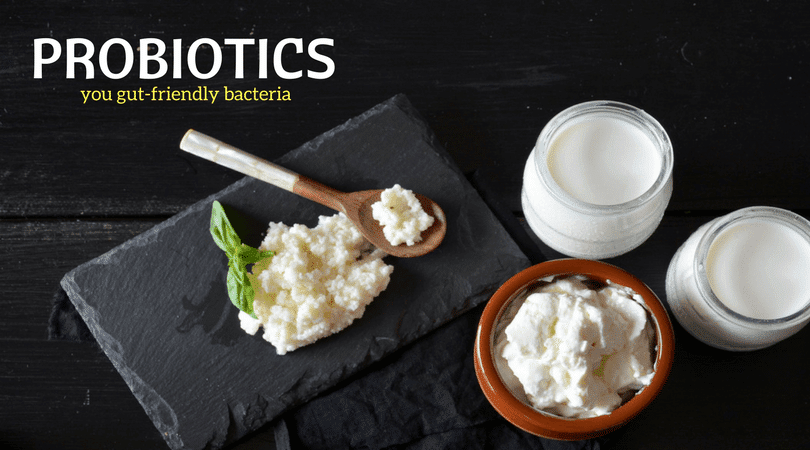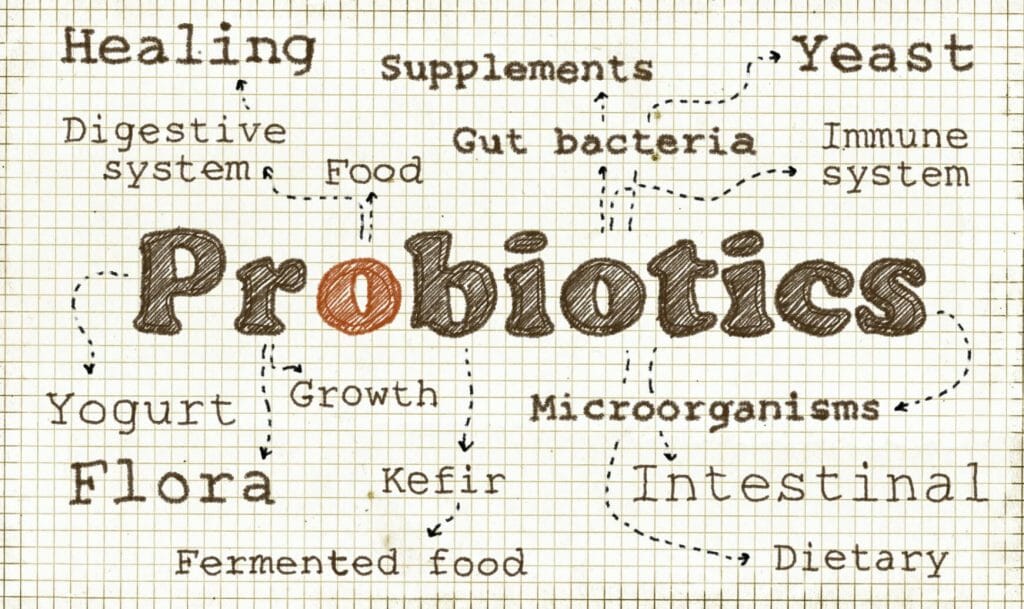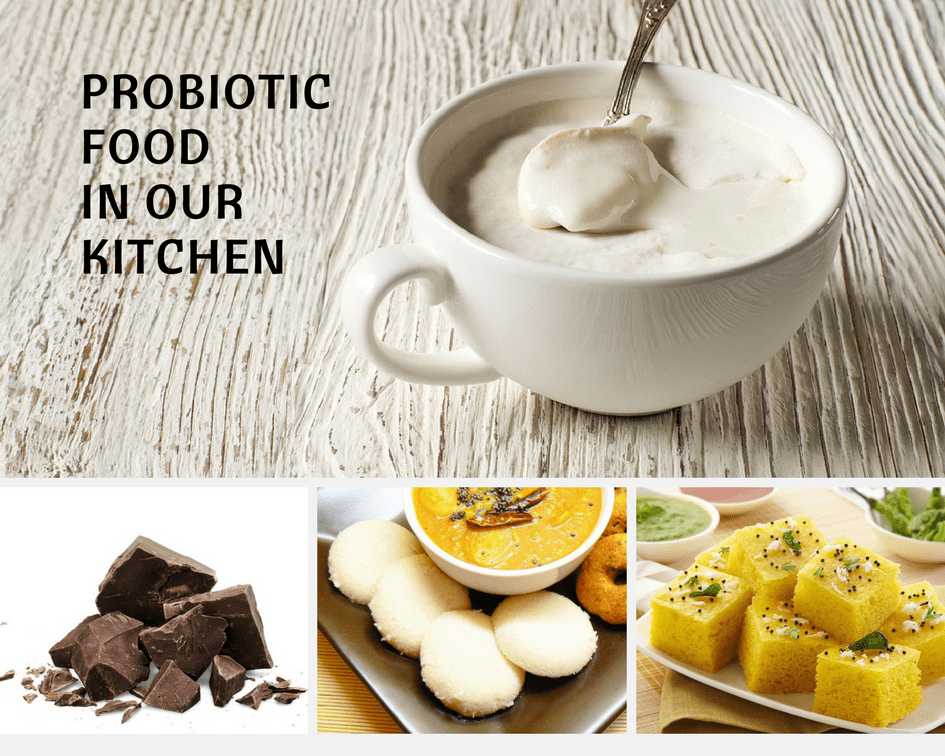Probiotics
Do you know that our body consists of trillions of micro organisms or bacteria and that not all bacteria are bad? If not, then do continue to read on as we are going to talk about the good bacteria – probiotics.
Table of Contents
What are probiotics?
According to the World Health Organization (WHO) probiotics are “live micro-organisms which, when administered in adequate amounts, confer a health benefit on the host”. In simpler words, probiotics are good or healthy bacteria and yeast that usually reside in the stomach and offer numerous health benefits. There are different types of probiotics that offer different benefits that include goodness for the skin, immune system, aids in weight loss and are especially great for your stomach and digestive system.
The different kinds of probiotics
There are a number of probiotic bacteria that are beneficial in different kind of ways. Therefore, it is essential you chose your probiotic supplements wisely to reap the benefits you want.
Although there are different kinds of probiotic bacteria, they usually fall in two major categories that are – lactobacillus and Bifidobacterium. These groups have different species and these species has many strains.
Usually probiotic supplements are a combination of different species in one supplement, which are called multi-purpose or broad-spectrum probiotics.
Importance of probiotics and gut health
The right amount of probiotic bacteria and a good gut health are extremely important as they are dependent on each other.
The micro organisms in your body mostly reside in your digestive tract and are called the gut flora. So, the kind of bacteria – good or bad in your gut depends on the kind of food you eat.
These bacteria absorb all the nutrients that our body sometimes cannot digest and perform several functions that are pivotal for the enhancement of your overall health.
Probiotics regulate the hormone production, absorb the essential vitamins and minerals, improve immunity and act as a great detoxifier. They also volunteer the functioning of the brain, playing an important role in the maintenance of your mental health.
However, not all micro organisms are good. Bad bacteria are also present in our body, but it’s necessary to strike a balance between good and bad bacteria. An unbalanced amount of gut flora accounts to several diseases like diabetes, Alzheimer’s, depression and cancer. The maintenance of a healthy gut is therefore, extremely crucial as it hosts these micro organisms that affect your health and well being.
What probiotics do
Cures digestive disorders
Probiotics are proven to cure digestive problems like diarrhoea-especially diarrhoea caused by antibiotics, irritable bowel syndrome, constipation, bloating, inflammatory bowel diseases and stomach ulcers.
Promotes weight loss
Studies say that an unbalanced amount of micro organisms can lead to an increase in cholesterol levels that lead to weight gain. An intake of certain amount of probiotic strains is a proven solution to eliminate unwanted fats. Studies and evidences have also shown that the intake of lactobacillus gasseri, lactobacillus rhamnosus and Bifidobacterium lactis have prevented obesity and aided weight loss in people.
Boosts brain health
Probiotics are known to improve the function of brain and help to maintain good mental health. Intake of probiotics can help to reduce the symptoms of anxiety and depression. Some of the proven probiotic strains to treat depression and anxiety are – lactobacillus helveticus and Bifidobacterium longum.
Improves immunity
The right amount of probiotic consumption can help to improve your immunity and make you resistant to various kinds of infections, fever and flu.
Good for your heart
Probiotics are known to lower blood pressure and cholesterol levels and hence, reduces the risk of heart diseases. Being a great detoxifier, they help to flush out toxins from the blood, thus, improving blood circulation and in turn the function of the heart.
Helps in maintaining good skin
Skin allergies and diseases like eczema, acne and other kinds of skin disorders can also be treated by probiotics.
How to get probiotics
You can get your required dose of probiotics through supplements or through foods prepared by the process of fermentation. Fermentation produces acids like – acetic and lactic acids that help in absorbing and preserving nutrients. This process makes the food more digestible and has a greater composition of proteins and minerals.
Some of the probiotic foods are – yogurt, dark chocolate, soy sauce, blue cheese, garlic, onions, honey, agave, beans artichoke, banana, flax, yam, quinoa, oats, rye, barley, wine, buttermilk, fermented pickles and fermented cheese.
Some examples from our homes: Idli/Dosa batters, Curd, Khaman Dhokla, Fruit & Veg Pickles (traditionally made & not bought from store), Lassi, Kanji (A drink made from black carrots, mustard seeds, sea salt & water – fermented for 1 week).
Some people may face mild digestive problems like diarrhoea, gastritis and bloating in the initial phase of probiotic intake, which is known to alleviate over time. If the problem persists, then consult a doctor.
One the whole probiotics are a boon for your overall health and development. But, it is necessary to opt for the right kind and dosage of probiotics as each one is beneficial in its own way. Talk to your doctor before consuming probiotics. If probiotics are best for you, ask him to prescribe probiotic supplements or the kind of probiotic food you can eat.


